
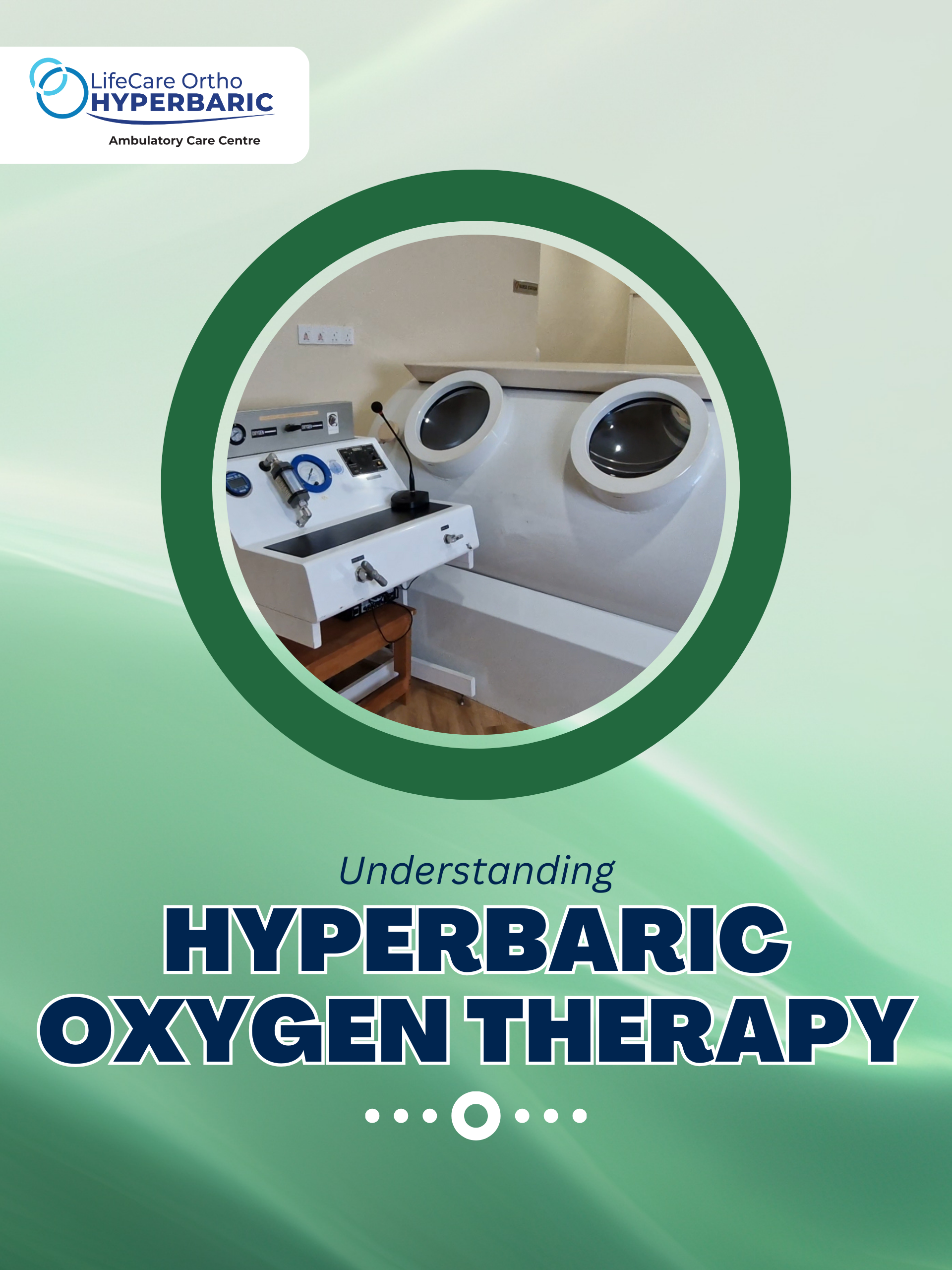
Unveiling the Healing Potential of Hyperbaric Oxygen Therapy
LifeCare Ortho Hyperbaric
18/02/2024
In the realm of modern medicine, innovative treatments continue to emerge, offering hope and healing to patients facing various health challenges. One such therapy that has captured attention for its therapeutic potential is Hyperbaric Oxygen Therapy (HBOT). In this comprehensive guide, we delve into the science behind HBOT, explore its diverse applications, and uncover the evidence supporting its efficacy in promoting healing and well-being.
Understanding Hyperbaric Oxygen Therapy:

Hyperbaric Oxygen Therapy involves the administration of pure oxygen in a pressurized chamber, enabling the body to absorb higher concentrations of oxygen than what is achievable at normal atmospheric pressure. This increased oxygenation at the cellular level plays a pivotal role in supporting healing processes and enhancing overall health.
The Mechanism of Action:
At the core of Hyperbaric Oxygen Therapy lies its unique mechanism of action, which encompasses several key factors:
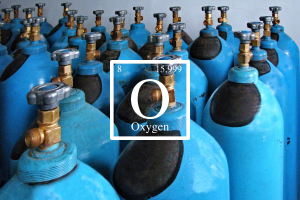
Enhanced Oxygen Delivery
The pressurized environment of the hyperbaric chamber allows oxygen to dissolve more readily in the bloodstream, leading to increased oxygen delivery to tissues and organs. This heightened oxygenation fuels cellular metabolism, promotes tissue repair, and accelerates the healing process.

Reduction of Inflammation
HBOT has been shown to modulate inflammatory responses in the body, leading to a decrease in the production of pro-inflammatory cytokines and an increase in the release of anti-inflammatory mediators. This anti-inflammatory effect is particularly beneficial in conditions characterized by excessive inflammation, such as chronic wounds and inflammatory diseases.
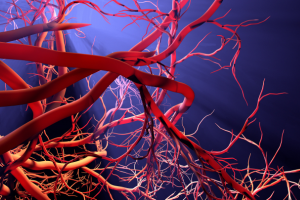
Neovascularization
HBOT stimulates the formation of new blood vessels (neovascularization) in damaged or ischemic tissues, improving blood flow and nutrient delivery to facilitate healing. This process is essential for restoring tissue viability and promoting tissue regeneration in compromised areas.
Applications of Hyperbaric Oxygen Therapy:
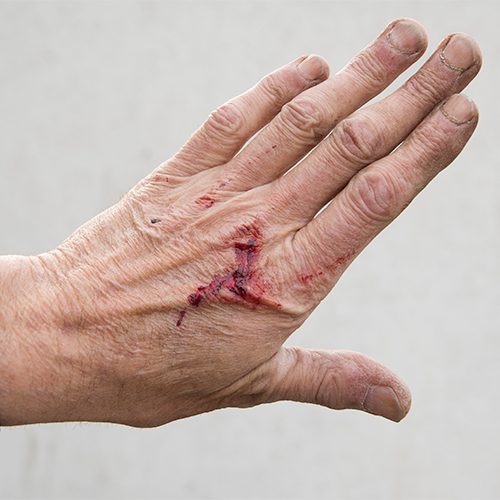
Wound Healing
HBOT is widely recognized for its efficacy in promoting wound healing, particularly in cases of chronic or non-healing wounds, diabetic foot ulcers, and radiation-induced tissue damage. By enhancing oxygen delivery to the wound site, HBOT accelerates tissue repair and reduces the risk of complications such as infection and amputation.
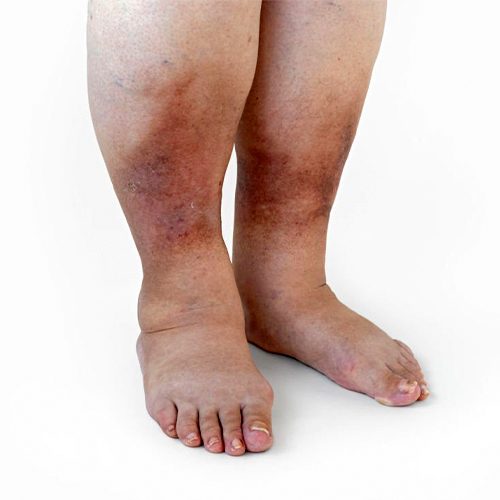
Gas Gangrene
HBOT has emerged as a valuable adjunctive therapy in the management of gas gangrene, a life-threatening bacterial infection typically caused by Clostridium perfringens. By delivering high concentrations of oxygen to the infected tissues, HBOT creates an inhospitable environment for the anaerobic bacteria, inhibiting their growth and promoting tissue healing.
Sports Medicine
Athletes and sports enthusiasts have increasingly turned to HBOT as a means of optimizing recovery, reducing muscle fatigue, and enhancing athletic performance. The enhanced oxygen delivery facilitated by HBOT supports tissue repair and recovery processes following intense physical activity, helping athletes maintain peak performance levels.

Burn Care
HBOT has emerged as a valuable adjunctive therapy in burn care management. By promoting tissue oxygenation, reducing inflammation, and supporting wound healing, HBOT plays a crucial role in improving outcomes for individuals with burn injuries, minimizing scarring, and enhancing skin graft acceptance.
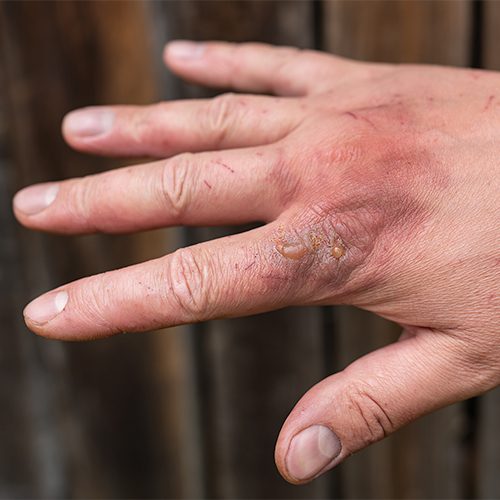

Sports Medicine
Athletes and sports enthusiasts have increasingly turned to HBOT as a means of optimizing recovery, reducing muscle fatigue, and enhancing athletic performance. The enhanced oxygen delivery facilitated by HBOT supports tissue repair and recovery processes following intense physical activity, helping athletes maintain peak performance levels.

Burn Care
HBOT has emerged as a valuable adjunctive therapy in burn care management. By promoting tissue oxygenation, reducing inflammation, and supporting wound healing, HBOT plays a crucial role in improving outcomes for individuals with burn injuries, minimizing scarring, and enhancing skin graft acceptance.
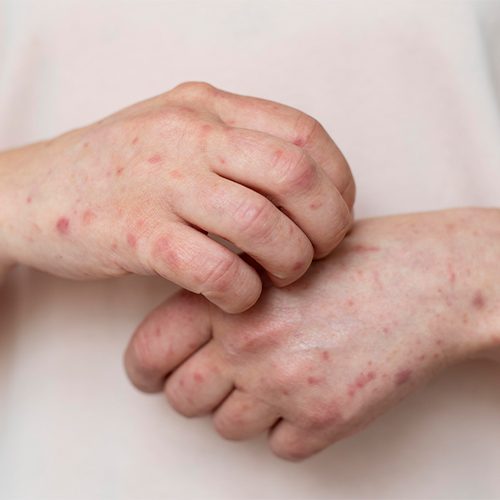
Infectious Diseases
HBOT exhibits antimicrobial properties and has been explored as a complementary treatment modality for certain infectious diseases, including osteomyelitis and necrotizing soft tissue infections. The enhanced oxygen levels in the bloodstream create an environment that is inhospitable to pathogens, promoting faster resolution of infections and reducing the need for prolonged antibiotic therapy.

Carbon Monoxide Poisoning
HBOT is an essential treatment modality for individuals with carbon monoxide poisoning. By rapidly eliminating carbon monoxide from the bloodstream and replacing it with oxygen, HBOT prevents tissue hypoxia and reduces the risk of long-term neurological complications associated with carbon monoxide exposure.
Hyperbaric Oxygen Therapy stands as a beacon of hope in the landscape of modern medicine, offering a non-invasive and well-tolerated approach to addressing a myriad of health conditions. Through its ability to enhance oxygen delivery, modulate inflammatory responses, and promote tissue regeneration, HBOT holds promise for improving patient outcomes and quality of life across diverse medical specialties.
As research continues to unravel the intricacies of HBOT and its therapeutic applications, the potential for this innovative therapy to transform patient care and treatment paradigms remains immense. By harnessing the healing power of oxygen in a pressurized environment, Hyperbaric Oxygen Therapy paves the way for a brighter and healthier future for individuals worldwide.



